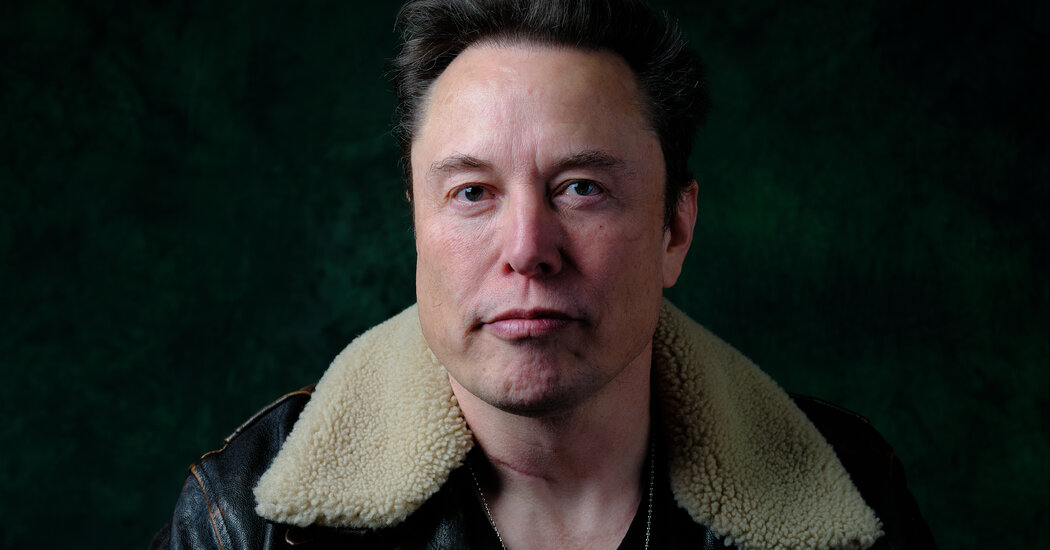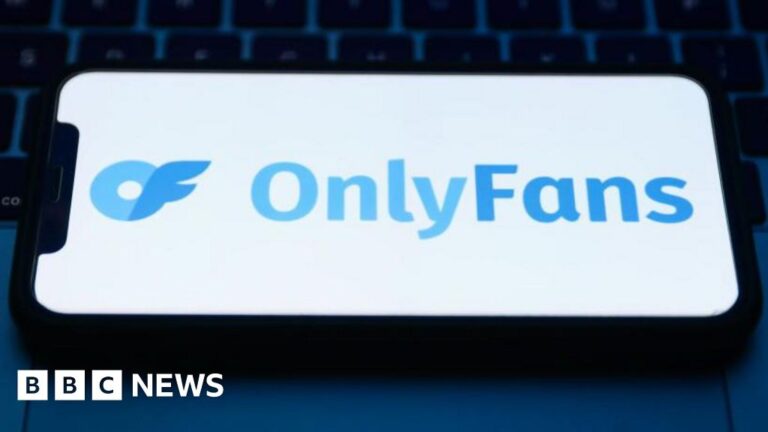Here is the result in plain text:
President Trump has been in office less than a month, and Elon Musk’s vast business empire is already benefiting – or is now in a decidedly better position to benefit. Mr. Trump and Mr. Musk, the world’s richest man who has been given enormous power by the president, have been dismantling federal agencies across the government. Mr. Trump has fired top officials and pushed out career employees. Many of them were leading investigations, enforcement matters or lawsuits pending against Mr. Musk’s companies.
At least 11 federal agencies that have been affected by those moves have more than 32 continuing investigations, pending complaints or enforcement actions into Mr. Musk’s six companies, according to a review by The New York Times.
The events of the past few weeks have thrown into question the progress and outcomes of many of those pending investigations into his companies. The inquiries include the Federal Aviation Administration’s fines of Mr. Musk’s rocket company, SpaceX, for safety violations and a Securities and Exchange Commission lawsuit pressing Mr. Musk to pay the federal government perhaps as much as $150 million, accusing him of having violated federal securities law.
Over at the Consumer Financial Protection Bureau, a public database shows hundreds of complaints about the electric car company Tesla, mostly concerning debt collection or loan problems. The agency has now effectively been put out of commission, at least temporarily, by the Trump administration, which has ordered its staff to put a hold on all investigations. The bureau also is an agency that would have regulated Mr. Musk’s new efforts to bring a payments service to X.
Mr. Musk has also reaped the benefit of resignations by Biden-era regulators that flipped control of major regulatory agencies, leaving more sympathetic Republican appointees overseeing those lawsuits.
The shifts at the agencies in many cases reflect changes in national priorities that come with a president who has long complained that government regulation has been too aggressive, a view widely held in the business community.
That is why Mr. Musk’s role is so concerning to former White House ethics lawyers in Democratic and Republican administrations alike. None of the investigations or lawsuits involving Mr. Musk and his companies, at least so far, have formally been dropped since the start of the new administration, according to more than a dozen current and former federal officials interviewed by The Times.
The Times also found no evidence that Mr. Musk directly ordered that an investigation into one of his companies be shut down or stalled.
The firings at the agencies, the National Labor Relations Board and the Equal Employment Opportunity Commission, mean neither has a quorum on its board to decide cases. One of the many N.L.R.B. investigations involves Mr. Musk’s companies’ sweeping job cuts in 2022 at his social media platform X, then called Twitter.
The matter is being reviewed by N.L.R.B. staff, but the board’s current construct could trouble its path forward or prevent a decision against X from being enforced. Even if Mr. Trump replaces the absent board member, that would be likely to significantly shift the balance of the board more Republican, according to four people familiar with the agency.
While the case is moving forward, Mr. Trump is expected to appoint new commissioners, representing a shift in the agency’s approach to workers’ rights and a potential dismissal of the matter.
In his first week, Mr. Trump fired at least 17 inspectors general, who are charged with investigating waste and corruption within their own agencies. The mass firing – a move that may have violated federal law – may benefit Mr. Musk. Among the dismissed inspectors general was Phyllis Fong at the Agriculture Department, who had opened an investigation in 2022 into Mr. Musk’s brain implant start-up, Neuralink.
Source link




